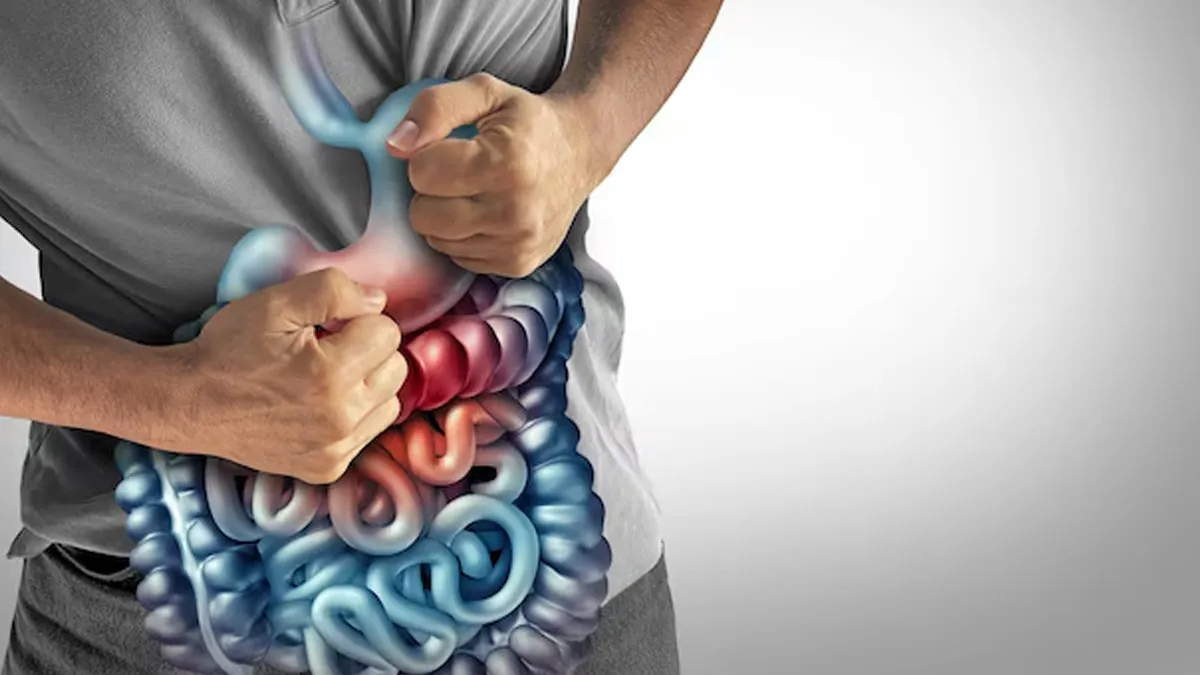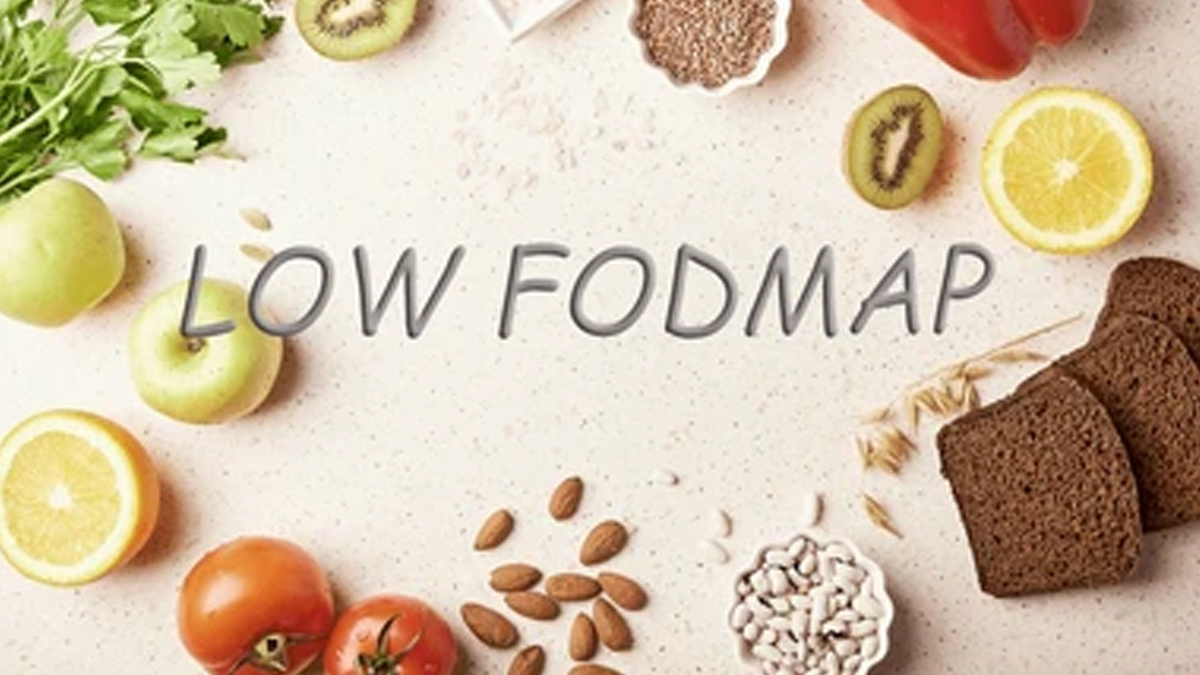
Irritable Bowel Syndrome (IBS) is a chronic intestinal disorder that affects your digestive health. It can cause repeated abdominal pain and changes in your bowel movements. In some cases, IBS can cause both constipation and diarrhoea, which occurs in the mixed subtype (IBS-M). We spoke to Dr Imran Shaikh, Consultant GI, HPB Surgeon and GI Oncosurgeon, Wockhardt Hospitals, Mumbai Central, who explained why this happens and ways to manage it.
Table of Content:-
What Is Irritable Bowel Syndrome?

"Irritable Bowel Syndrome (IBS) is a common gastrointestinal disorder with symptoms including abdominal pain, bloating, and irregular bowel movements. For some patients, IBS alternates between constipation (IBS-C) and diarrhoea (IBS-D), a subtype known as IBS-M (mixed). This dual presentation is particularly challenging to manage," said Dr Shaikh.
The National Institute of Diabetes and Digestive and Kidney Diseases (NIDDK) offers guidance on the diagnostic criteria for IBS-M. It indicates that an individual has at least one unusual bowel movement, over 25% of their stools are hard or lumpy (indicative of constipation), and more than 25% are loose or watery (suggesting diarrhoea).
Why Does IBS Cause Both Constipation And Diarrhoea?
The cause of IBS is not well understood, but a combination of stress, diet, imbalance of gut microbiota, and hypersensitivity within the gut plays a role. "In IBS-M, the gut motility may change at unpredictable times with alternating symptoms, which can affect the quality of life," added Dr Shaikh.
Also Read: Can Irritable Bowel Syndrome (IBS) Cause Food-Related Anxiety? An Expert Weighs In
IBS with Mixed Symptoms Management
1. Diet Changes

- In some cases, people may have sensitivities to specific carbohydrates like fructose, fructans, lactose, and others, collectively referred to as FODMAPs, which stands for fermentable oligosaccharides, disaccharides, monosaccharides, and polyols. These FODMAPs can be found in various grains, vegetables, fruits, and dairy items. This elimination diet can help identify what foods need to be avoided.
- Increase your fibre content gradually to alleviate constipation by including foods, such as oats and psyllium. However, avoid too much insoluble fibre as it can worsen diarrhoea.
- If bloating or gas is an issue, don't consume carbonated and alcoholic beverages or certain foods that may lead to increased gas.
- Staying hydrated is also vital because dehydration is bound to worsen symptoms.
2. Stress Management
According to a 2019 review, people with Posttraumatic Stress Disorder (PTSD) are more likely to develop IBS. Hence, it becomes important to adopt practices that can help alleviate stress, including yoga, meditation, or deep breathing.
Also Read: IBS-D: What Triggers Irritable Bowel Syndrome With Diarrhoea And How To Manage It?
3. Medication

- In diarrhoea, some antidiarrheal medication, such as loperamide can be beneficial.
- Since IBS-M symptoms alternate between diarrhoea and constipation, it is important to be cautious when taking over-the-counter medications that ease these symptoms.
- For constipation, stool softeners or osmotic laxatives would be helpful.
- Probiotics can help some people get back a balance in the gut.
4. Lifestyle Changes
It becomes crucial to make necessary lifestyle changes to alleviate the symptoms of IBS. Engage in regular exercise to promote gut health and reduce the added tension. Also, eat at a routine time to balance your bowel movements. You can also keep a food journal to check for foods that trigger your symptoms.
Bottomline
Dr Shaikh concluded, "You should consult your physician if symptoms worsen, interfere with the daily routine of life severely, or have alarming signs, such as weight loss and blood in the stool. A management plan can be tailored, including psychological interventions, to manage IBS-M."
[Disclaimer: This article contains information provided by an expert and is for informational purposes only. Hence, we advise you to consult your professional if you are dealing with any health issue to avoid complications.]
Also watch this video
How we keep this article up to date:
We work with experts and keep a close eye on the latest in health and wellness. Whenever there is a new research or helpful information, we update our articles with accurate and useful advice.
Current Version